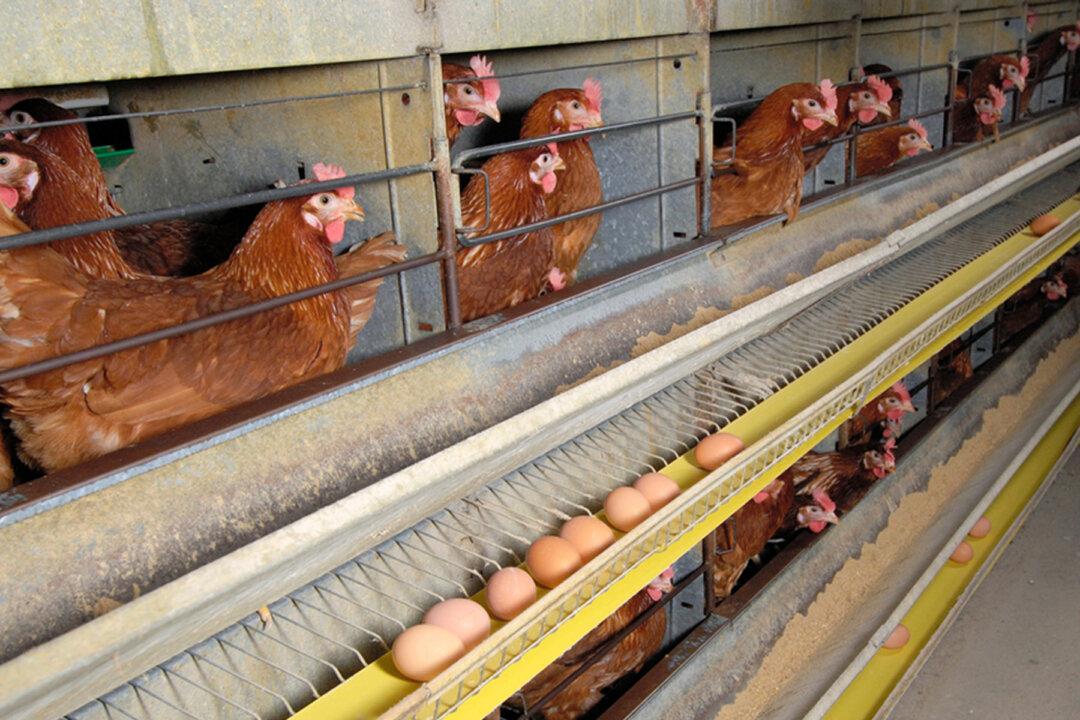After running out of freezer space in mid-April, a Pennsylvania egg farmer was faced with an impossible choice: find a brand-new market for his eggs in the midst of the COVID pandemic or face euthanizing his flock of 80,000 hens.
Disaster seemed to be a foregone conclusion until help arrived from a local woman with expert social media skills.





